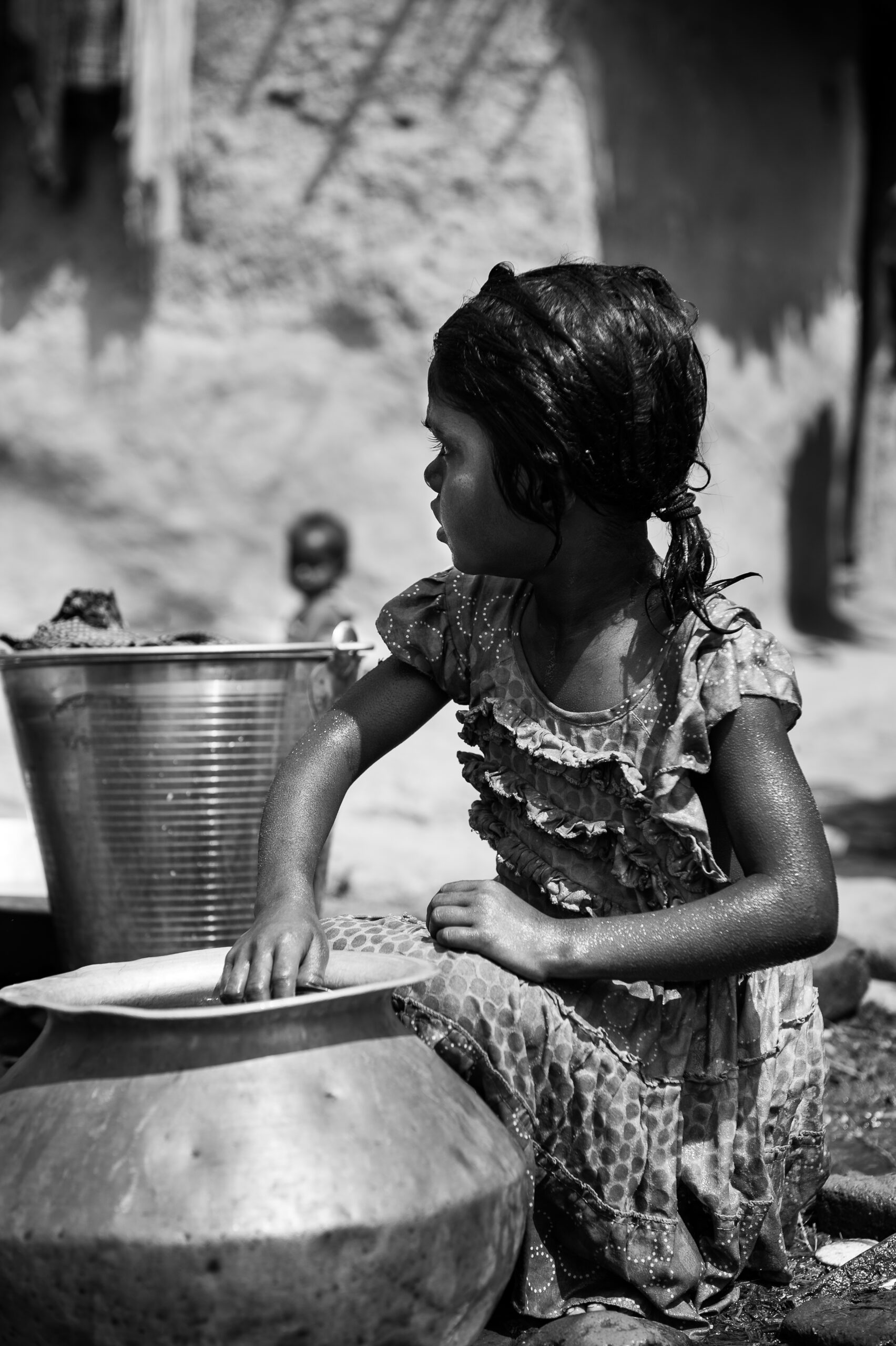
Despite progress, the threat of cholera lingers

Photo: PATH.
Cholera is a major global health threat, affecting communities in endemic countries where access to safe water and adequate sanitation is limited. Despite significant progress in reducing the number of cholera cases and deaths, the disease continues to claim the lives of an estimated 95,000 people each year and impose an estimated annual economic burden of two billion dollars worldwide.
Cholera spreads in areas with poor sanitation and lack of access to clean water, including regions in Bangladesh. Efforts within the country encompass a multi-sectorial National Cholera Control Plan, surveillance data, the production of rapid diagnostic test kits and locally licensed oral cholera vaccines (OCV), and OCV campaigns among the Forcibly Displaced Myanmar Nationals (FDMN).
Despite these successes, the country experienced cholera outbreaks in March–May 2022 in Dhaka, the capital city, reminding us that cholera outbreaks are an ever-present threat when safe sanitation is not universally available. To face this reality, a global network named the Global Task Force on Cholera Control (GTFCC) is coordinating efforts among institutions, agencies, NGOs, and academics to implement a multisectoral strategy. The GTFCC partners are supporting 20 cholera-endemic countries to reduce cholera deaths by 90 percent by 2030.
The road map for 2030 includes early detection and quick response to contain outbreaks; a multisectoral approach to prevent cholera in hotspots in endemic countries; and an effective mechanism of coordination for technical support, resource mobilization, and partnership at the local and global levels. So far, at least ten countries have taken active measures to align their respective national cholera control plans, and 47 African countries adopted their regional framework to implement a global strategy for cholera prevention and control.
While vaccines can halt outbreaks in communities at high-risk, investing in WASH and surveillance in cholera hotspots is a way to implement these plans in the long-term. The need is urgent: the World Health Organization says that over 29 countries had reported cholera outbreaks by the end of 2022. It is the highest record in over a decade.
Once any outbreak is detected through surveillance, governments need to apply for OCV as part of a comprehensive response as soon as possible. In this case, the good news is that by the beginning of 2023, countries will be able to apply for OCV for preventive use through Gavi, the Vaccine Alliance to prevent cholera in endemic areas. Right now, many countries need a greater supply of vaccines to pursue both reactive and preventive campaigns.
Though there is much work ahead, we have reason to be hopeful because we have solutions that can prevent cholera. These investments will have a significant impact on a country’s development, reducing healthcare costs, improving the overall economic development of a cholera-endemic country, and saving lives.


